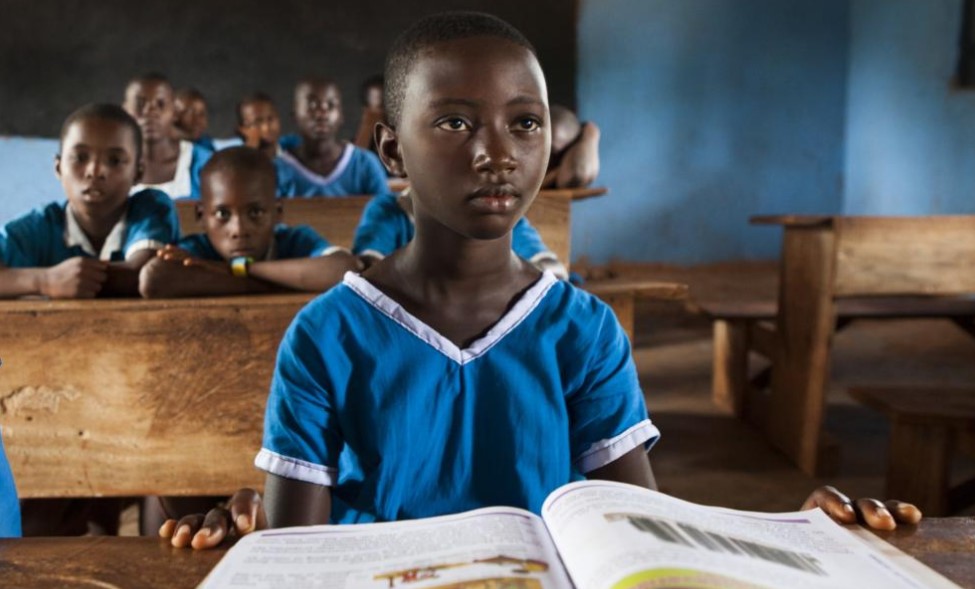- Education
70% of school children not learning — UNICEF

The United Nations Children’s Fund (UNICEF) says 70 per cent of children in schools are not learning, a development which must be addressed by stakeholders.
The Communication Specialist, UNICEF, Mr Geoffrey Njoku, made this known in Kano on Friday at a two-day Media Dialogue on Sustainable Development Goals (SDGs).
Njoku said no country could focus on its SDGs in isolation of the children’s rights, saying that stakeholders must begin to focus on SDGs as Child rights.
According to him, one aspect of education which is foundational literacy and numeracy must be given attention to.
” Since 2010, we have pushed to change the narrative of the 10.5 million out-of-school children but even at that 70% of those in schools are not learning.
” We need to include these 70% in school who not learning to the 10.5million out-of-school children so that proper attention will be given to them.
” So it is high time we focused on learning by revamping the education system through teachers training, changing the curriculum and changing the narrative through quality education,” he said.
Also, Mr Rahama Farah, Chief of UNICEF Field Office, Kano, said that UNICEF and the Federal Government had been collaborating to improve the outcome of education, but much was still needed to be done.
Farah, who was represented by Elhadji Diop, Officer-in-Charge, UNICEF Field Office, Kano, said that improving learning outcome was key to achieving basic learning.
“According to the World Bank, Nigeria is experiencing learning poverty in which 70 per cent of 10 year-old cannot understand a simple sentence or perform basic numeracy task.
“To address the challenge, achieving basic learning outcomes at the foundational level of education is key.
” It is clear that to improve learning outcomes in Nigeria, achieving basic foundational skills at that level of learning cannot be over emphasised.
” So we need to mobilise stakeholders to join forces in addressing the challenges of eradicating learning poverty in the country,” he said.
In the same vein, Dr Chidi Ezinwa, Department of Mass Communication, Enugu State University of Science and Technology, said SDGs would remain a mirage until the rights of children were fulfilled.
Ezinwa added that poverty and gender inequality must be bridged as they were essential ingredients to the denial of children rights.
“One of the goal says no poverty, but when there is poverty, several rights are taken from children.
” Children who are not going to school, not receiving good health care are linked to poverty.
” So, SDGs and Child Rights Convention (CRC) which serve as a legal instrument to achieving the goals are universal and intend to leave no one behind,” he said.
He also said that there was the need for different countries to come up with their law to address the problems, saying that duty bearers had been given assignment on what to do to address the problem.





